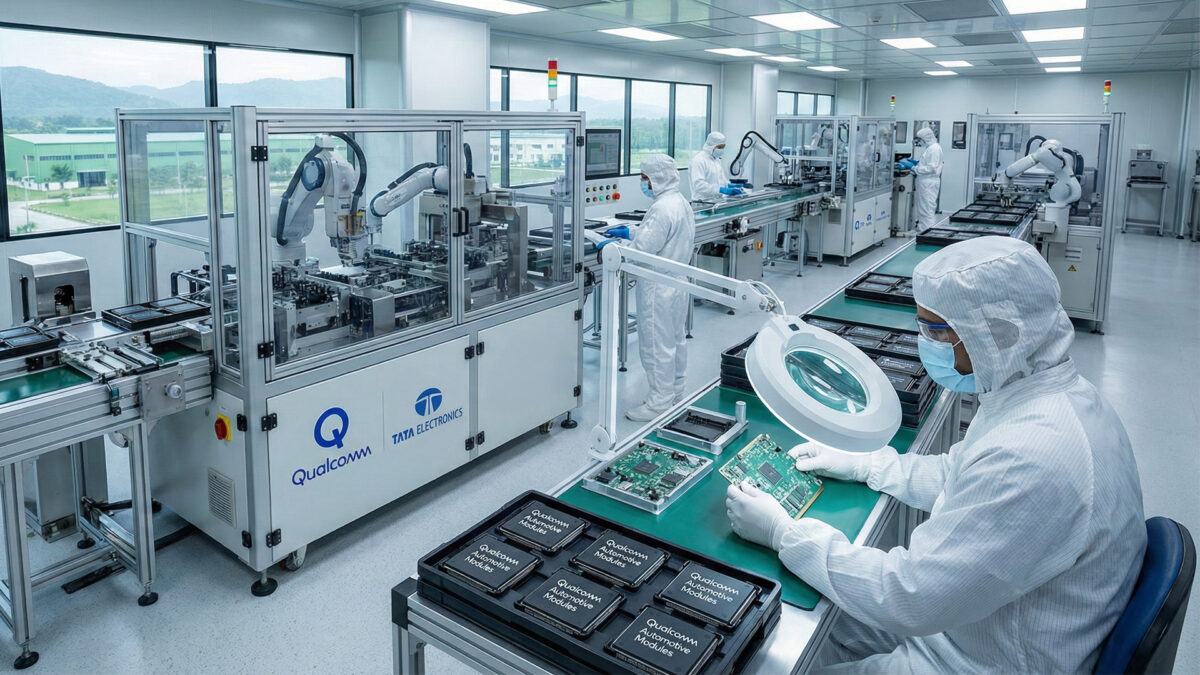PhonePe has introduced a new biometric UPI payment feature, allowing users to complete transactions using their smartphone’s fingerprint scanner or facial recognition instead of entering a UPI PIN. The move aims to make digital payments quicker, safer, and more convenient for everyday transactions.
With this update, users can authorise payments up to ₹5,000 simply by verifying their identity through biometrics. For transactions above this limit, the traditional UPI PIN will still be required, ensuring additional security for higher‑value payments.
The new feature addresses common issues in daily digital transactions, such as mistyped PINs or delays when entering PINs in crowded or busy places. Biometric verification also reduces the risk of PIN exposure, enhancing security in public settings.
Currently, the feature is available for Android users whose devices support fingerprint or face recognition. PhonePe plans to roll out the service for iOS users soon. To enable biometric payments, users need to go to Profile → Manage Payments → Biometric Pay in the PhonePe app and complete a one‑time setup with their UPI PIN and biometric verification.
According to PhonePe officials, the feature combines convenience and security, making small-value transactions faster while retaining safety protocols. In cases where biometric authentication fails, such as poor lighting or sensor issues, users can always revert to entering their UPI PIN manually.
Also Read: Vishal Sikka sees AI boosting Indian entrepreneurs









